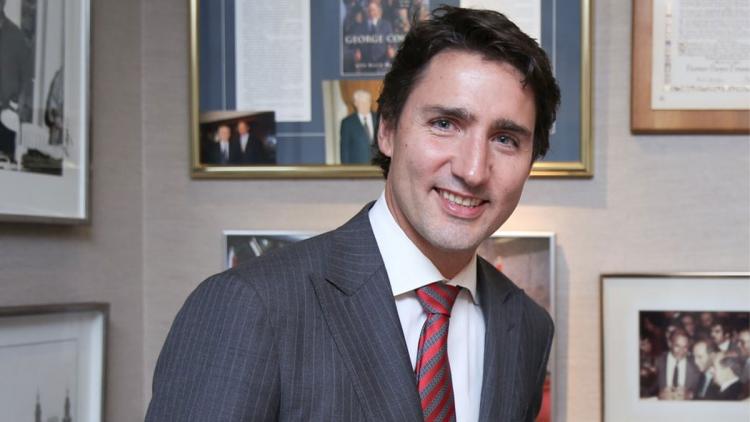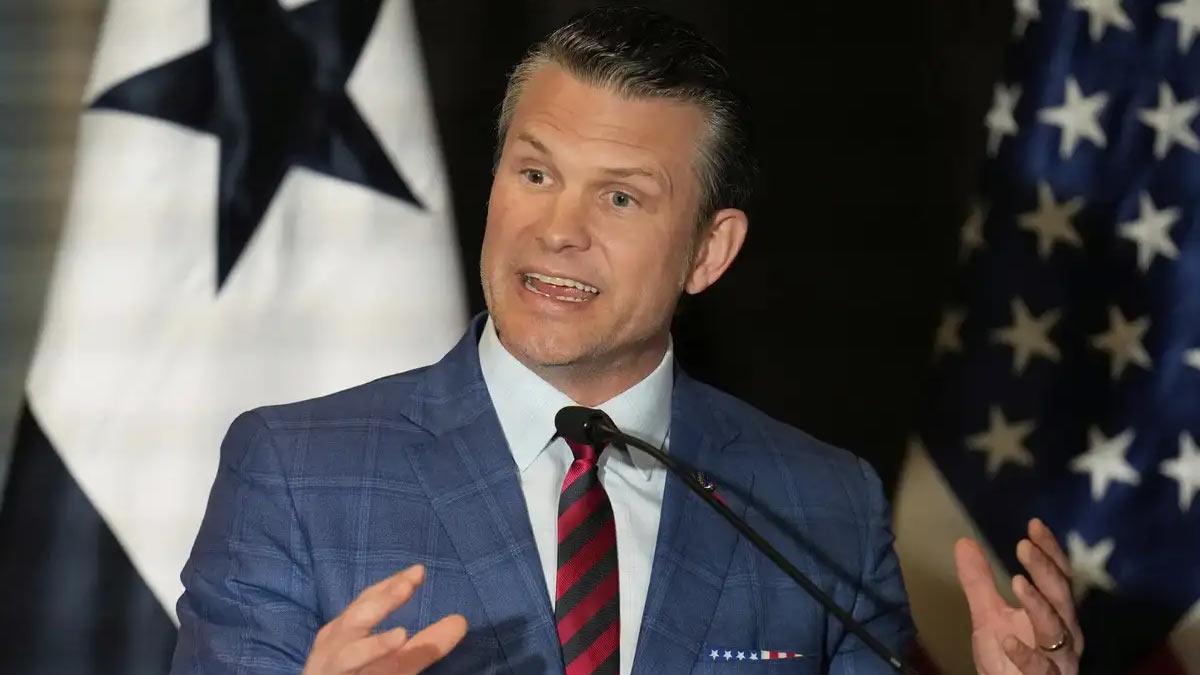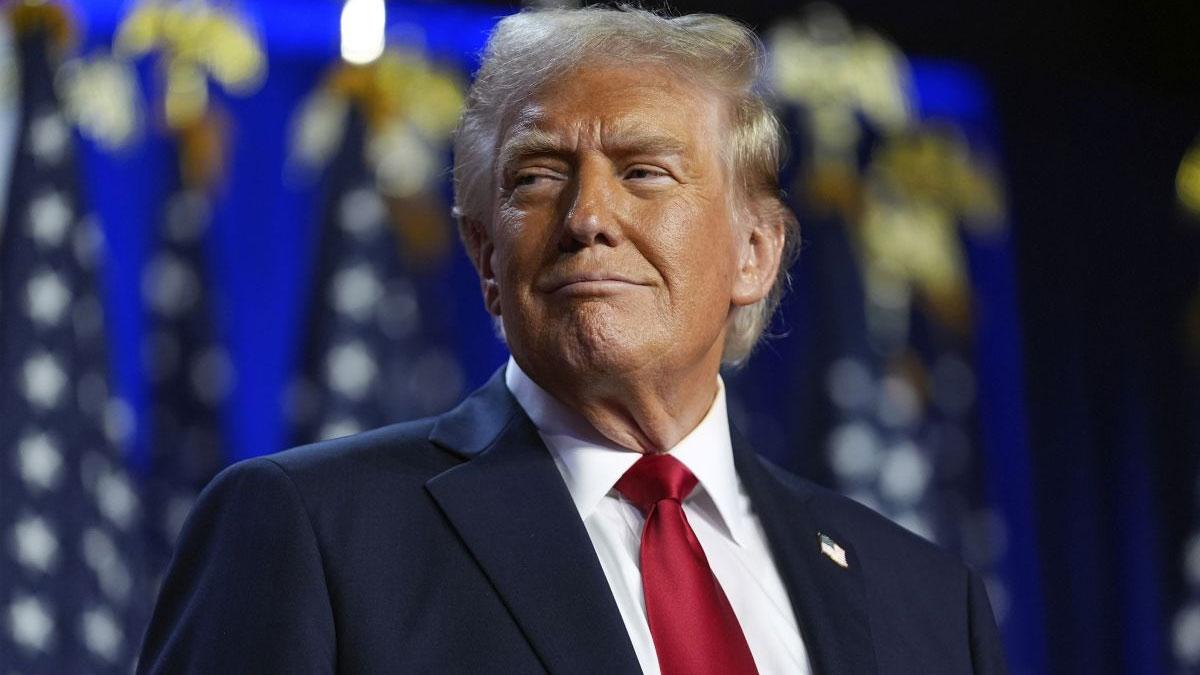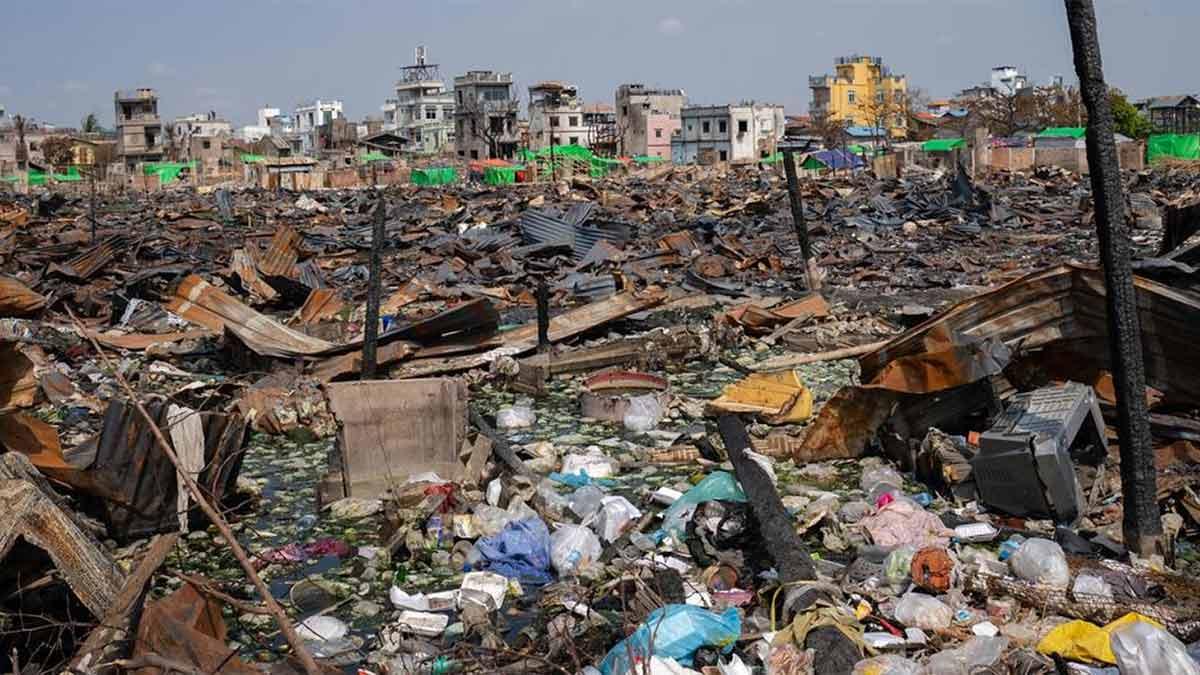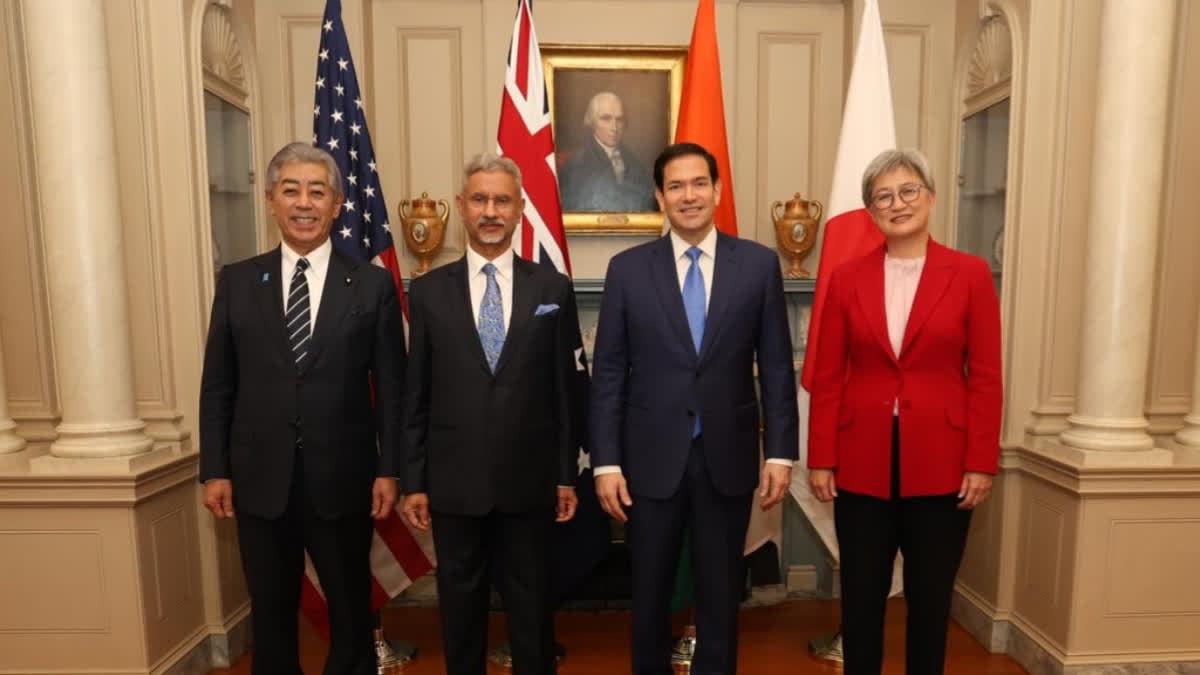Canadian Prime Minister Justin Trudeau clarified that his statement linking Indian agents to the killing of Khalistani leader Hardeep Singh Nijjar was intended to deter India from similar actions in Canada. Trudeau stated that the September 18 revelations in the House of Commons aimed to prevent potential threats following Nijjar's killing in British Columbia. The message was seen as an additional level of deterrence to address concerns about vulnerability within the Canadian population. Trudeau acknowledged prior diplomatic efforts before the public statement, including discussions during the G20 Summit. India has labeled the claims as 'absurd' and 'motivated,' and External Affairs Minister S Jaishankar stated that an investigation could be considered if Canada provides evidence. However, Indian officials argued that diplomatic conversations are protected under international law and cannot be used as evidence.
Key Points:
1. Canadian Prime Minister Justin Trudeau clarified that his statement linking Indian agents to the killing of Khalistani leader Hardeep Singh Nijjar was intended to deter India from similar actions in Canada.
2. Trudeau revealed the September 18 allegations in the House of Commons, expressing concerns about potential future actions after Nijjar's killing in British Columbia in June.
3. The statement was seen as an extra "level of deterrence" to address Canadians' worries about their vulnerability.
4. Trudeau emphasized weeks of "quiet diplomacy" before making the public statement, including discussions during the G20 Summit in early September, which he felt were not constructive.
5. The Canadian leader aimed to use the G20 Summit as an opportunity for India to demonstrate leadership on the world stage.
6. The allegations strained bilateral relations, with India rejecting the claims as 'absurd' and 'motivated.'
7. External Affairs Minister S Jaishankar stated that India did not rule out an investigation but insisted on evidence from Canada.
8. Trudeau claimed to have shared details with Prime Minister Narendra Modi during Modi's visit in September, urging India to cooperate in the investigation.
9. Canadian government sources mentioned intelligence gathered from communications between Indian officials and information from an unnamed ally in the Five Eyes intelligence alliance.
10. India's High Commissioner to Canada, Sanjay Verma, refuted the use of diplomats' conversations as evidence, citing protection under international law and emphasizing that such conversations cannot be used publicly or in court.
(With Agency Inputs)
Read also| Chinese disinformation campaign targeted Justin Trudeau: Canada

